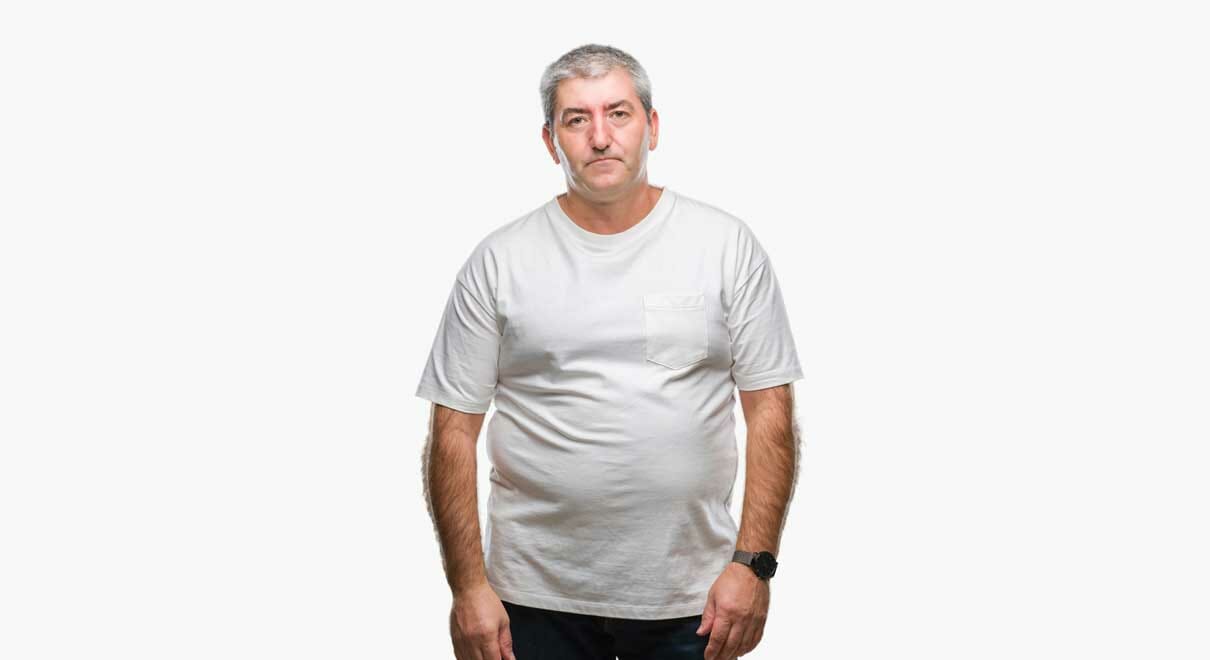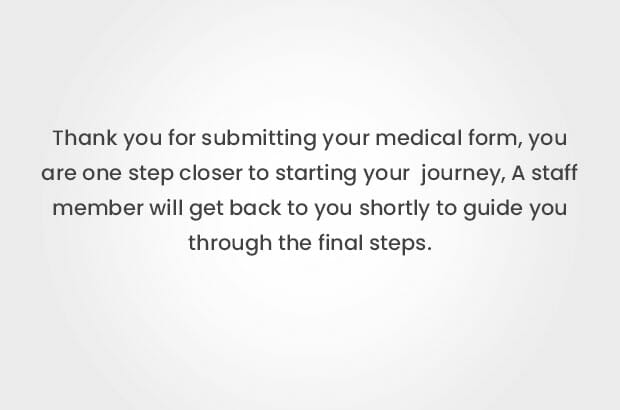By Matt Cusano, Clinical Director
There are a few common explanations for thyroid dysfunction, however stress is often at the forefront. Many people are familiar with stress and cortisol, but not too many truly understand the implications high stress can have on hormone and metabolic function. Especially when the standard reference range for Cortisol (and every other hormone) is so broad.First, it’s important to remember that when we look at thyroid dysfunction, we want to pay attention to two different situations: thyroid production as well as thyroid conversion. Both are equally important to properly diagnose and address thyroid dysfunction.So how does stress cause thyroid dysfunction?
Stress will trigger the production of cortisol and when cortisol production is chronically elevated, it will not only inhibit thyroid production, but also thyroid conversion. When either or both of these are impacted, we see people experience symptoms of hypothyroidism.. fatigue, brain fog, cold hands/feet, slower digestion, inability to lose weight, and sometimes even unwanted weight gain. Without knowing better, people typically then react to their symptoms via increasing stimulants, reducing carbs/calories, increasing cardio, and maybe even getting on thyroid medication such as Synthroid also known as Levothyroxine (synthetic t4).
To the untrained eye, these all sound like reasonable reactions.. but let’s remember that that IF the initial driver of the thyroid dysfunction is high stress, adding more stress on the body through stimulants, cardio, and less food, certainly isn’t going to help! In fact it’s going to drive dysfunction further.
Similarly with Levothyroxine or Synthroid. T4 needs to convert to free T3 in order to truly have a positive impact on metabolism and cognitive function. But if stress is high, we are going to see that t4 (Levothyroxine) be converted into Reverse T3 instead. Again, driving dysfunction deeper!Having a detailed understanding of the body’s adaptations is the only true way we can all be our own biggest health advocates.. whether we are coaches, competitors, or just general population looking to optimize their well-being.If you are currently struggling with any form of thyroid dysfunction, it’s important that you get the right help. Unfortunately, western medicine doctors are ill-equipped to truly resolve thyroid disorders, and will generally just give a pill as a temporary bandaid. Working with a functional health practitioner who can explore the root cause of dysfunction, and work with you to address it is the only way to get your health 100% optimized and reduce the need of RX medication.











